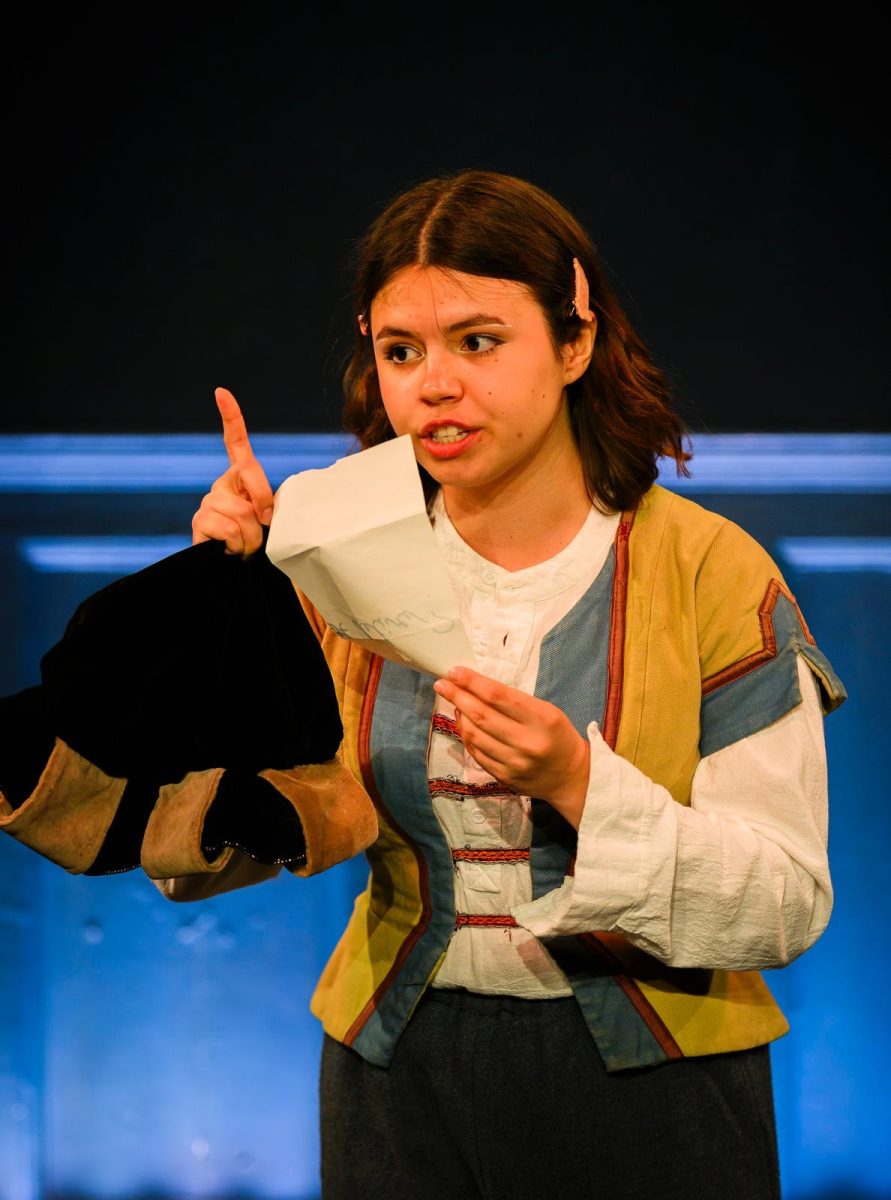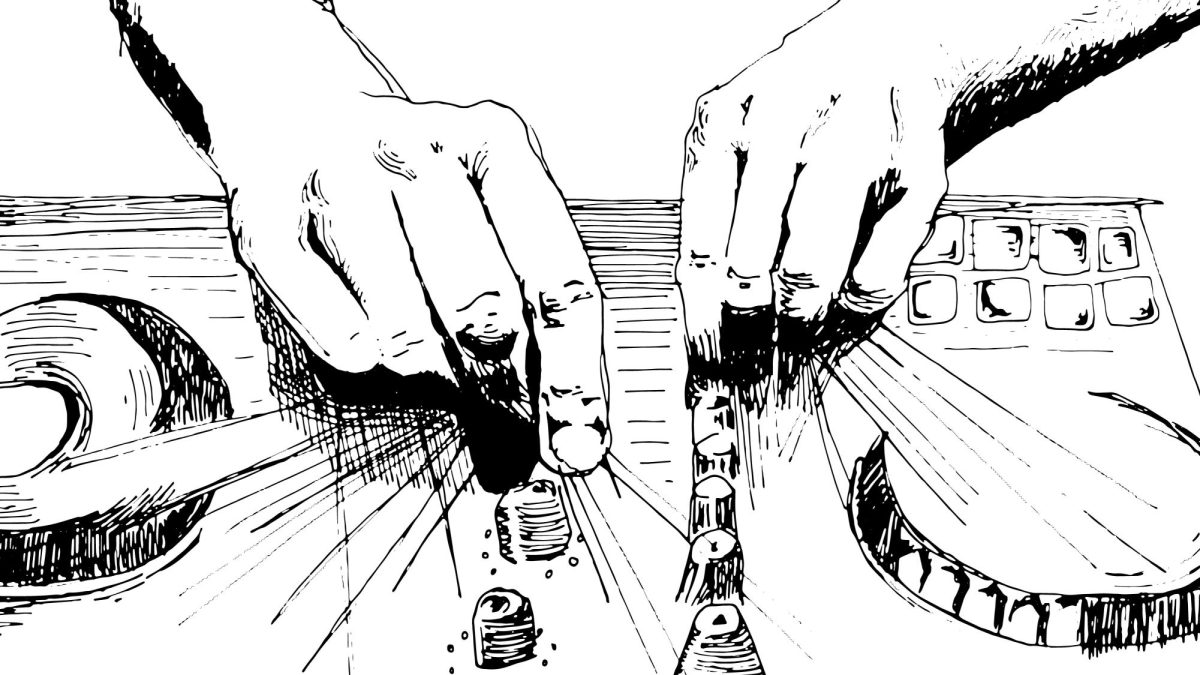“If your pencil stops moving, the room is gonna blow up. Just keep writing,” Peter Elbow ’57 said, describing the practice of “freewriting.”
Elbow pioneered freewriting in the early 1970s, and it is used in many writing programs across the globe today. “The goal of freewriting,” Elbow said, “is to just write whatever you want, even if it is garbage.”
Elbow discovered his passion for literature while at Proctor Academy, a boarding school in New Hampshire, before attending the College. He even credits his English teacher from Proctor, a Williams alum, for making him want to go to the College. But his desire to be a student here was mostly influenced by something else.
“I chose Williams in a way that will seem perverse: I was very interested in competitive skiing,” Elbow said. “I chose Williams because I wanted to be in a school that was in the first division — the highest competitive skiing division.”
When asked if he enjoyed his four years here, he hesitated. “Yes, eventually I enjoyed it,” he said. “It was a struggle. I wasn’t really all that well prepared… I remember having great trouble writing papers.”
Elbow earned a scholarship while at the College to study at Oxford’s Exeter College. “When I went to Oxford, I had a tutor … and he made me scared of writing,” he said. “He made fun of my writing and my American accent. I got very uptight about writing.”
Being a student at the College had shaped how Elbow viewed writing. “Williams set very high standards for what was good writing, and in fact, it was my high standards that actually made it harder for me to write later.” He sometimes walked into his tutor’s room at Oxford without a paper to turn in after struggling all week.
Elbow later attended graduate school at Harvard. While on track to earn his doctorate in English, he finally gave up on trying to write the way academic institutions were teaching. “After a month and a half of that second semester, I quit,” Elbow said. “I just thought I would never enter an institution of learning again. I felt totally ruined. I felt like I was a failure.”
This apparent failure actually turned out to be a pivotal moment in Elbow’s career. “Because of my experience with failure, I had developed some courage,” Elbow said. “I said, ‘You can’t hurt me any worse than you did. I’m going to follow my own path.’”
In 1965, Elbow returned to graduate school, this time at Brandeis, and began developing some of his own theories, which were unconventional at the time. “They were considered crazy, because I began to advocate writing garbage,” he said.
Freewriting, a practice that had begun to emerge, truly took off, and alongside it, new ways of thinking about the process of writing.
“The thing about freewriting is that it forces you to write unplanned writing,” Elbow said. “One of my ideas is the value and the importance of unplanned language: language that just comes. Once you start doing that, the words on the page come more to life.”
Since Elbow’s first book, Writing Without Teachers, was published in 1973, he has written many more books about the writing process, explaining some of his ideas about intonation and making words come alive in the head of the reader.
Additionally, Elbow has received many awards for his contributions to writing. The National Council of Teachers of English gave him the James Squire Award “for his transforming influence and lasting intellectual contribution,” the Conference on College Composition and Communication gave him the Exemplar Award for “representing the highest ideals of scholarship, teaching, and service,” and his book Everyone Can Write was given the James Britton Award by the Conference on English Education.
Lately, Elbow has been working on a paper about “the believing game,” which is “learning to think better by believing,” he said. He argued that most people are familiar with what he calls “the doubting game.”
“The doubting game says, ‘Well, that sounds reasonable, but let’s doubt it, because it might be wrong,’” he explained. “The believing game says, ‘That sounds crazy, but let’s try believing it. It might be right.’”
He stands by the believing game as something that can help writers and non-writers alike, since it pertains to freewriting as well as to life in general. “Freewriting is learning to believe,” he said. “Just take that idea and believe it. The world needs to learn how to play the believing game.”
After Elbow’s long and successful career, he said he looks back on the College as a place that fostered individual learning. “I think the main thing I learned at Williams was that, the faculty I had — they really wanted you to think,” he said. “They didn’t just want you to learn stuff and repeat it back. They wanted you to have your own thinking.”







